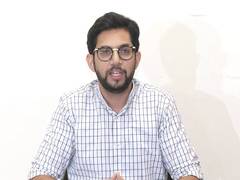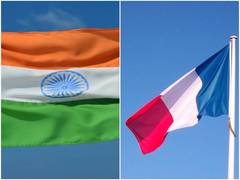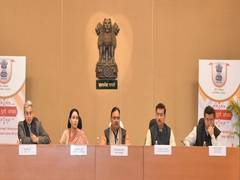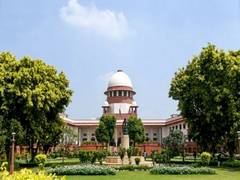Delhi HC mandates free medical treatment for rape, acid attack, sexual assault victims, and POCSO survivors
New Delhi [India], December 24 (ANI): In a landmark order, the Delhi High Court on Tuesday directed that victims of rape, acid attacks, sexual assaults, and survivors of POCSO (Protection of Children from Sexual Offences) cases are entitled to free medical treatment at government and private hospitals, as well as nursing homes.
A division bench comprising Justice Prathiba M. Singh and Justice Amit Sharma ruled that all Central and State Government-funded institutions, as well as private hospitals, clinics, and nursing homes, must comply with the directive to ensure that survivors of rape, acid attacks, and POCSO cases receive immediate medical care and necessary services.
The Court clarified that “treatment” includes first aid, diagnosis, inpatient care, outpatient follow-ups, diagnostic and laboratory tests, surgeries if needed, physical and mental counselling, psychological support, and family counselling.
The Court noted that a significant number of rape and POCSO cases regularly come before the judiciary. Survivors in these cases often require urgent medical intervention or prolonged medical assistance, including hospital admission, diagnostics, surgical procedures, medications, and counselling services.
Despite existing provisions under the BNSS or CrPC, as well as guidelines issued by the Ministry of Health and Family Welfare (MoHFW), the Court observed that survivors of sexual violence and acid attacks continue to face challenges in accessing free medical treatment.
The Court issued several key directives, including the circulation of its ruling to all courts dealing with sexual offences, such as POCSO Courts, Criminal Courts, and Family Courts.
The directive aims to ensure that all victims and survivors, in accordance with Section 397 of the BNS (Section 357C of the CrPC), are informed of their legal rights. The Court also mandated that appropriate steps be taken to refer such cases to the relevant medical establishments–whether public, government, or private–whenever courts encounter cases requiring medical assistance for victims or survivors.






